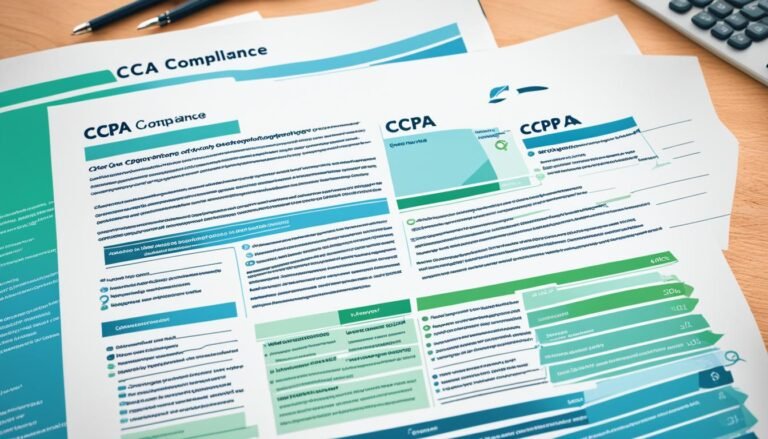Is Your E-Commerce Website Legally Protected? Here’s How a Lawyer Can Help
Running an e-commerce website is thrilling. You get to share your products with people all over the world. But have you thought about the legal risks that come with it? That’s right! If you’re not careful, legal issues can sneak up on you.
These problems can include copyright disputes, unclear terms of service, or violations of consumer protection laws. That’s why ensuring your e-commerce website is legally protected is crucial. A lawyer can be an invaluable resource in this process.
So, let’s explore some common legal problems e-commerce websites face. We’ll also show you how a lawyer can help you keep your website safe and sound.
Common Legal Issues Faced by E-Commerce Websites
Running an e-commerce website means navigating a web of legal concerns that can trip you up if you’re not careful. Here are some of the main legal hurdles you might face and why it’s crucial to address them.
Intellectual Property Concerns
Intellectual property rights are a big deal online. You could face serious legal issues if you use or sell content, designs, or technology that belongs to someone else without permission. Protecting your creative work and brand identity is essential to prevent others from using them without your consent. This means ensuring you have the rights to any images, texts, or technologies you use on your site.
Terms of Service and Privacy Policies
Have you ever read through a website’s terms of service or privacy policy? These documents are important because they outline the rules users agree to when they visit your site. They also detail how you handle user data, which is critical under data protection laws like GDPR. Having clear, compliant terms and privacy policies helps protect your business and informs your users, building trust.
Consumer Protection Laws
When you sell online, you must follow certain rules protecting consumers. This includes ensuring your advertisements are honest, clearly stating your prices, and providing correct information about returns and warranties. Understanding these laws helps you treat your customers fairly and avoid legal troubles arising from misunderstandings or misinforming consumers.
Handling these legal aspects properly keeps you compliant and builds customer trust.
How a Lawyer Can Help
Navigating the legal landscape of an e-commerce business can be tricky. That’s why your ecommerce lawyers can be a vital ally, helping you understand and manage your online store’s legal aspects. Here’s how they can assist:
Legal Consultation and Risk Assessment
A lawyer starts by thoroughly reviewing how your e-commerce business operates to ensure it complies with the law. This involves checking all your processes and policies to identify potential legal issues before they become real problems. The lawyer then uses this information to advise you on the best practices tailored to your needs. This ensures that you are protected and poised for smoother operation.
Drafting and Reviewing Legal Documents
One of the key roles of a lawyer is to create and revise legal documents that form the backbone of your business operations. This includes drafting clear and enforceable terms of service and privacy policies that comply with applicable laws and protect you and your customers. Moreover, lawyers meticulously review your contracts with suppliers, affiliates, and service providers, ensuring that these agreements are beneficial and protect your business interests.
Compliance and Regulatory Advice
Dealing with legal compliance and potential issues is easier with expert advice. If a regulator contacts you or you face customer complaints, a lawyer can help you respond appropriately and ensure your business remains compliant. They also offer guidance if you encounter data breaches or customer disputes.
Protecting Intellectual Property
Protecting your intellectual property is crucial in the competitive world of e-commerce. A lawyer helps by assisting in registering trademarks and copyrights, which safeguards your brand and creative content. Additionally, they provide expert guidance on proceeding if someone infringes on your intellectual property. This ensures your assets are defended, and you navigate these situations with legal backing.
Dealing with Disputes and Litigations
When disputes arise, whether with customers, partners, or others, a lawyer is invaluable in managing these conflicts. They prepare you to deal with these disputes effectively, minimizing the impact on your business while aiming for favorable outcomes. If litigation becomes necessary, having a lawyer ensures your case is handled professionally, improving your chances of a successful resolution. This support is crucial in maintaining the stability and integrity of your business.
Wrap Up
Having a lawyer for your e-commerce website is like having a safety net. It can protect you from legal problems and give you peace of mind. So, don’t take any chances. Talk to a lawyer today and make sure your website is legally protected.







